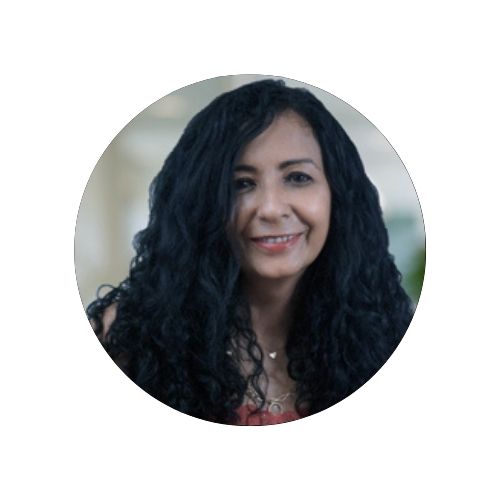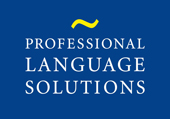It was on 22nd April 1500 that, under the sponsorship of the Kingdom of Portugal, Portuguese explorer, Pedro Álvares Cabral, 'discovered' Brazil en route to India. In this article we explore the importance of indigenous languages.
Cabral and his men landed in Porto Seguro, between Salvador and Rio de Janeiro, where they were met by the Tupinamba Indians, one group in the vast array of the continent's native population. There, they celebrated the first mass and staked Portugal's claim to the land with a Portuguese cross.
|
Within the first century of contact, 90% of the indigenous population was wiped out, mainly through diseases imported by the Portuguese, such as flu, measles, and smallpox. In the following centuries, thousands more died, enslaved in the rubber and sugar cane plantations; sadly, today the number of indigenous people is scarcely more than 200,000.
To completely dominate the “newly discovered” territory, the Portuguese crown had to dominate the indigenous peoples, and one of the best ways to subdue them was to phase out the languages spoken by the indigenous people and replace them with the Portuguese language. It was then, in the middle of the 18th century, that Portuguese was confirmed as the official language of Brazil, prohibiting the use of native languages, resulting in the extinction of not only the language of the indigenous people but their culture too.
Unfortunately, languages die when they lose their last native speaker, so elderly natives are almost always the last representatives of their tribe’s language.
|
However, in 2020, the Brazilian indigenous population living in isolated groups and those who live in urban areas are fighting the same enemy - the Covid-19 pandemic. The biggest threat for endangered Indigenous languages now is the virus as elders are the age group most vulnerable to contracting the coronavirus. With over 175,000 pandemic-related deaths in Brazil, the situation is alarming for Indigenous groups. Not only their language, but also their history, values, traditions, and entire cultures are at risk of being permanently erased. Find out more about the importance of protecting indigenous languages in our article for World Day for Cultural Diversity here.
About the author:
 |
Jane is an experienced multilingual educator and programme coordinator, originally from Brazil, and is passionate about other cultures. |
PLS are a language training provider based in London who are currently providing online lessons to a variety of corporate and government clients. Get in touch today to discover how we can help you or your colleagues reach your language learning goals.




